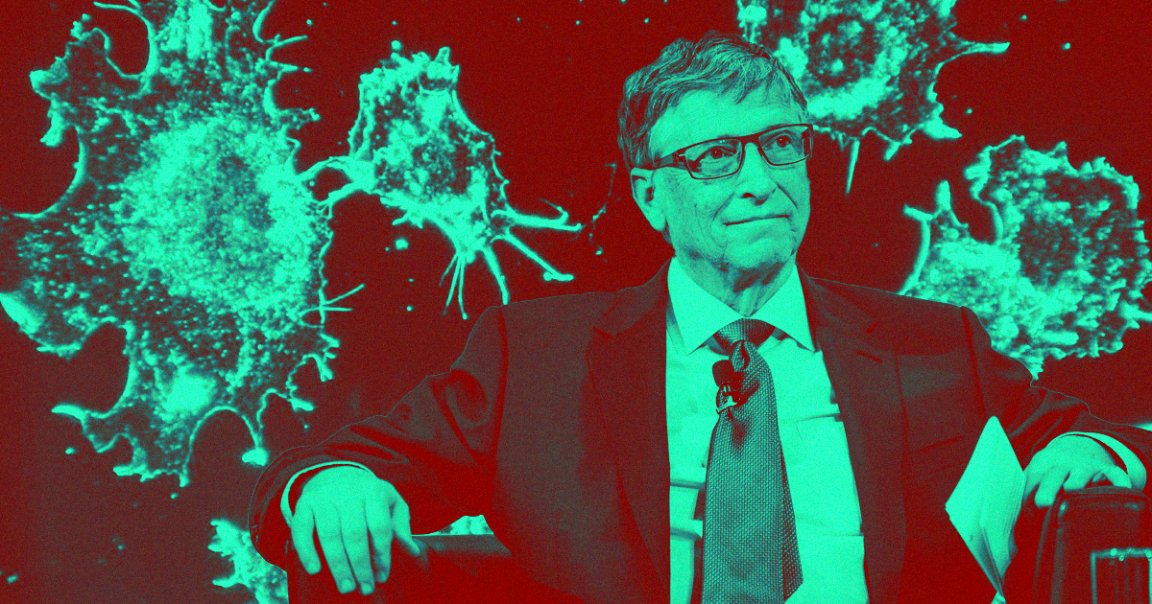
Ciao, Cancer
Every year since 2001, MIT Technology Review has published a list of 10 “breakthrough technologies” it believes will profoundly affect our lives in the future.
This year, the publication turned over the reins on its annual list to Bill Gates, and one of the technologies that made his cut could eviscerate the second-leading cause of death globally.
“Scientists are on the cusp of commercializing the first personalized cancer vaccine,” Gates wrote. “If it works as hoped, the vaccine, which triggers a person’s immune system to identify a tumor by its unique mutations, could effectively shut down many types of cancers.”
Shut It Down
According to Gates, the possibility of cancer vaccines began to develop in 2008 when geneticists first published the sequenced genome of a cancerous tumor cell.
From there, researchers began comparing the mutations in various tumor cells and found that most tumors contain mutations unique to only that tumor — the same mutations don’t show up in the cells of other tumors or in healthy cells.
Several companies are now working to create and test cancer vaccines containing copies of a specific tumor’s cell mutations, according to Gates. The idea is that the vaccine could compel a person’s immune system to find and destroy any cells containing the mutations found within their specific tumor.
“By using the body’s natural defenses to selectively destroy only tumor cells, the vaccine, unlike conventional chemotherapies, limits damage to healthy cells,” Gates wrote. “The attacking immune cells could also be vigilant in spotting any stray cancer cells after the initial treatment.”
Deadly Delays
Given that cancer kills nearly 600,000 people every year, customized cancer vaccines would be a breakthrough technology.
However, as Gates noted in MIT Tech, producing the number of vaccines needed to treat every cancer patient cheaply and quickly won’t be easy.
“[C]reating the vaccine involves performing a biopsy on the patient’s tumor, sequencing and analyzing its DNA, and rushing that information to the production site,” Gates wrote. “Once produced, the vaccine needs to be promptly delivered to the hospital; delays could be deadly.”
READ MORE: How We’ll Invent the Future, by Bill Gates [MIT Technology Review]
More on cancer vaccines: Researchers Are Developing a New Cancer Vaccine Using Virus-Like Particles